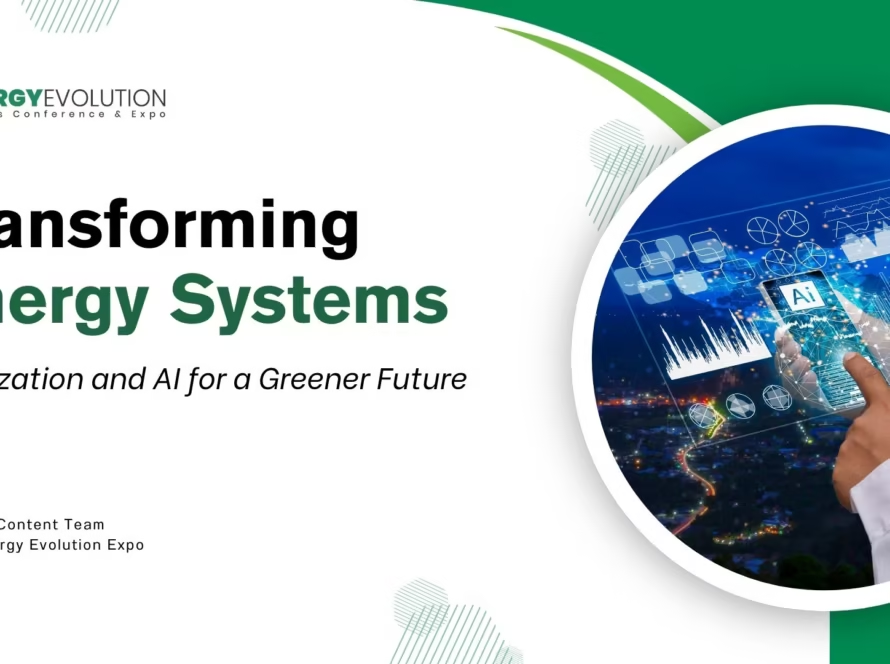The shift towards renewable energy is not just a trend, but a global necessity. As the world seeks to mitigate climate change and ensure energy security, integrating renewable sources into existing grids has become a hot topic, reflected in the recent Google trends. This transition, however, comes with its own set of challenges that need to be addressed to ensure a sustainable energy future.
Grid Stability and Intermittency
One of the primary challenges is the intermittent nature of renewable energy sources like solar and wind. They depend on weather conditions, which can lead to fluctuations in power generation. This intermittency can destabilize the grid, which was traditionally designed for constant, centralized power inputs. To overcome this, energy storage solutions are crucial. Technologies such as batteries and pumped hydro storage can help balance the load by storing excess energy generated during peak production periods and releasing it when demand is high.
Grid Modernization
The existing grid infrastructure may not be equipped to handle the variable nature of renewable energy. Modernizing the grid is essential to accommodate these new energy sources. This includes upgrading transmission lines, incorporating smart grid technologies, and improving grid management systems. Smart grids can use digital technology to monitor and manage the distribution of electricity, enhancing efficiency and reliability.
Regulatory and Market Barriers
Regulatory frameworks and market structures can also pose challenges. Policies that support renewable energy integration, such as feed-in tariffs, net metering, and renewable energy certificates, are vital. Moreover, market designs need to evolve to value the flexibility and diversity that renewable energy sources bring to the grid.
Technological Innovations
Innovations in renewable energy technologies are continuously evolving to address these integration challenges. Hybrid renewable energy systems, which combine multiple renewable sources, can provide more stable power output. Additionally, advancements in energy management systems and forecasting technologies can help grid operators better predict and manage the variability of renewable energy.
Collaboration and Knowledge Sharing
Collaboration among stakeholders is key to overcoming these challenges. Platforms that bring together industry experts, innovators, and policymakers can foster the exchange of ideas and best practices. Events like the Energy Evolution Awards, Conference & Expo, scheduled for Feb 10-11, 2026, in Dubai, UAE, offer an excellent opportunity for such collaboration. Organized by Next Business Media, this event aims to serve as a pivotal platform for the renewable and sustainable energy sector. It will feature discussions on renewable energy technologies, energy storage solutions, and grid modernization, among other topics. With over 500 attendees and 100 exhibitors, the expo provides ample networking opportunities and insights into the latest trends in energy technology.
In conclusion, while the integration of renewable energy into existing grids presents several challenges, these are not insurmountable. With the right mix of technological innovations, policy support, and collaboration, the world can transition to a more sustainable and resilient energy future. Events like the Energy Evolution Expo play a crucial role in driving this transition by fostering dialogue and innovation in the energy sector.




